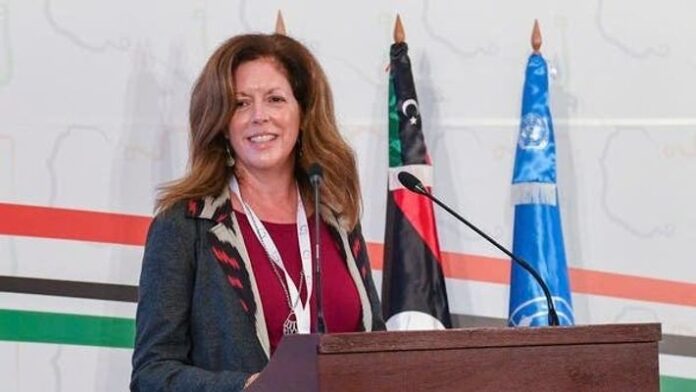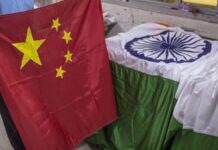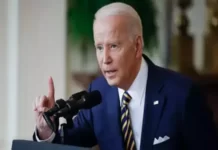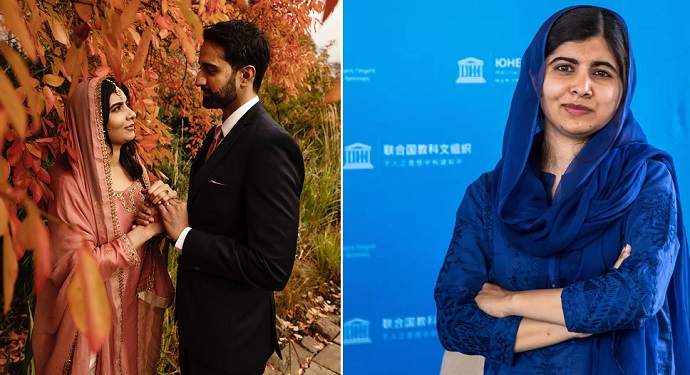
After a dispute between the West and Russia over the appointment of a new top U.N. envoy for the North African country, which is trying to form a united government after ten years of conflict, the United Nations Security Council voted Monday to broaden its political mission in Libya for only three months.
Last week, a vote on a US-backed, British-drafted resolution to extend the UN mission until September 15 was postponed at the last minute after Russia objected and circulated its own draught resolution calling for Secretary-General Antonio Guterres to appoint a new special representative within a month.
The resolution, which was passed unanimously on Monday, extends the mission until April 30 while maintaining its current mandate, and makes no mention of the Libyan government’s failure to hold scheduled elections on December 24 or current efforts to move forward with plans to appoint a new transitional government.
It also dropped Russia’s demand for a one-month deadline for the UN secretary-general to choose a new representative, instead stating that the council “recognizes the secretary-obligation general’s to nominate a special envoy.”
After U.N. special representative Jan Kubis, who was headquartered in Geneva rather than Tripoli and apparently had close links to Moscow, abruptly departed in November, the top U.N. official in Libya became an issue. Guterres then named Stephanie Williams, an American diplomat who handled the cease-fire accord in Libya in October 2020, as his special adviser, which did not require Security Council approval.
According to diplomats, Russia’s efforts to persuade the secretary-general to rapidly designate a new special representative was seen by the US as an attempt to oust Williams, whose performance was lauded by U.N. spokesperson Stephane Dujarric last week.
Oil-rich Libya descended into chaos following a NATO-backed rebellion in 2011 and was split into two opposing governments: one in the east, led by military leader Khalifa Hifter, and another in the west, led by the United Nations. A multitude of militias and international forces assist either side.
Hifter and his men started an operation to seize Tripoli in April 2019, supported by Egypt and the United Arab Emirates. After Turkey and Qatar increased their military backing for the Tripoli regime with hundreds of Turkish soldiers and thousands of Syrian mercenaries, his campaign came to an end.
The October 2020 cease-fire, mediated by Williams, resulted in the creation of a transitional administration and the scheduling of elections for December 24. The vote, however, was beset with difficulties, forcing it to be postponed.
James Kariuki, Britain’s deputy U.N. ambassador, termed the resolution adopted Monday “disappointing.” “Libya is at a critical crossroads,” he said, adding that “the United Nations’ role in supporting an inclusive political process in Libya is more crucial than ever.”
Deputy Russian ambassador Anna Evstigneeva urged Libya’s fragmented parties to take advantage of the council’s unanimity to resolve their differences. She said they should establish dates and hold presidential and parliamentary elections with the support of the UN mission so Libya can “turn a new page in its history.”

















